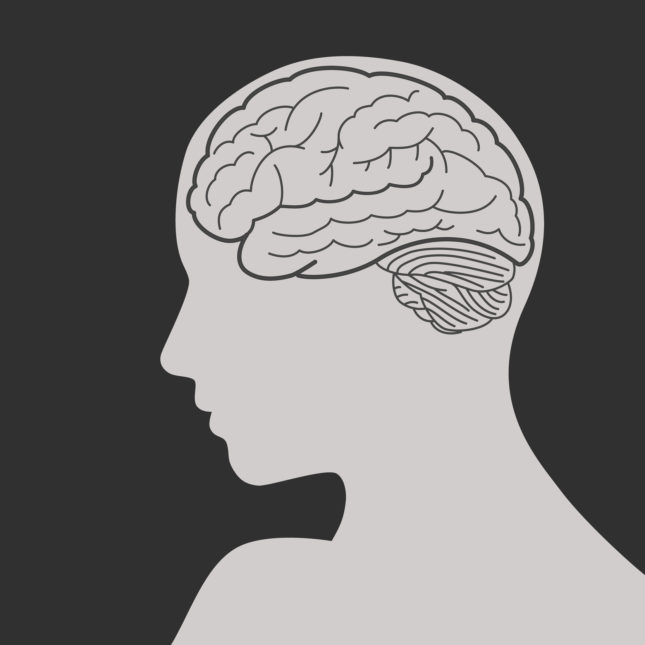In today’s world, the digital landscape influences our mental health. While technology offers unparalleled access to information and communication, it also poses significant challenges. Social media, in particular, has become a double-edged sword. On one hand, it fosters connections and support networks; on the other, it can show feelings of isolation and inadequacy.
The constant stream of curated content often leads to unrealistic comparisons, triggering anxiety and depression. Studies show that excessive social media use correlates with increased feelings of loneliness, especially among young people. The pressure to maintain a perfect online persona can create a sense of worth tied to likes and shares, further affecting self-esteem.
Moreover, the digital world never sleeps. The blurring of boundaries between work and personal life can lead to burnout. Many individuals find it challenging to disconnect, resulting in increased stress and decreased overall well-being.
However, there are positive aspects to consider. Online therapy and mental health resources have become more accessible, allowing individuals to seek help from the comfort of their homes. Support groups and forums can provide safe spaces for sharing experiences and coping strategies.
Ultimately, navigating mental health in the digital age requires balance. Setting boundaries around technology use, cultivating mindful consumption of online content, and prioritizing real-life connections can help mitigate negative impacts. As we adapt to this evolving landscape, fostering a healthy relationship with technology is essential for our mental well-being.









